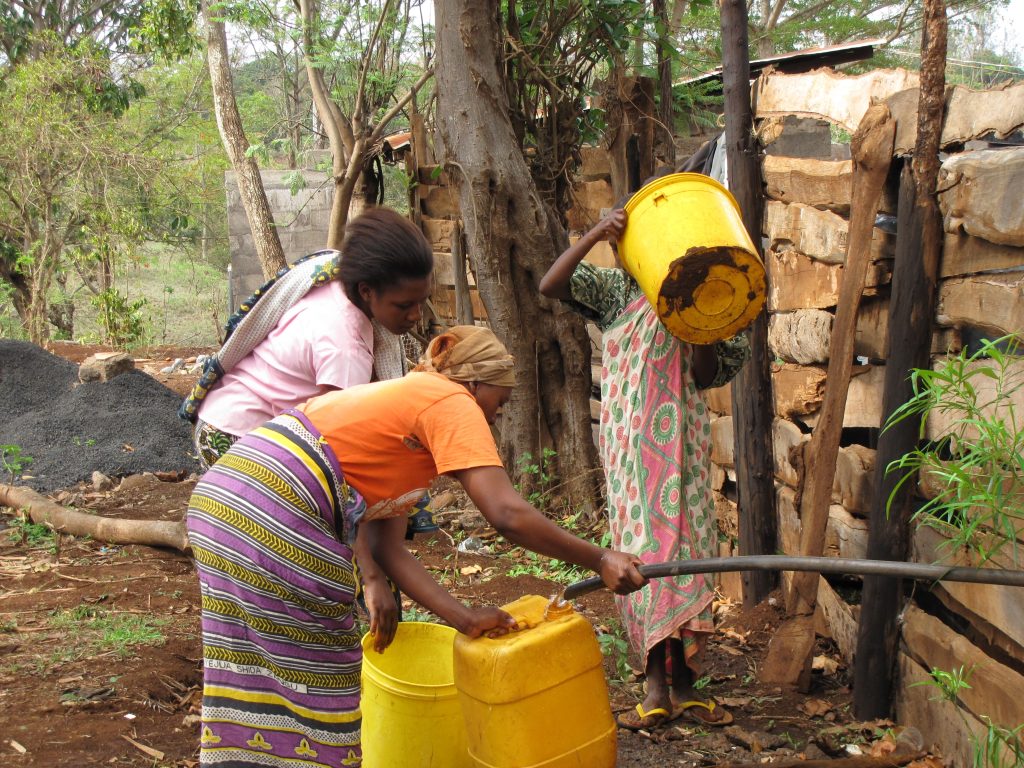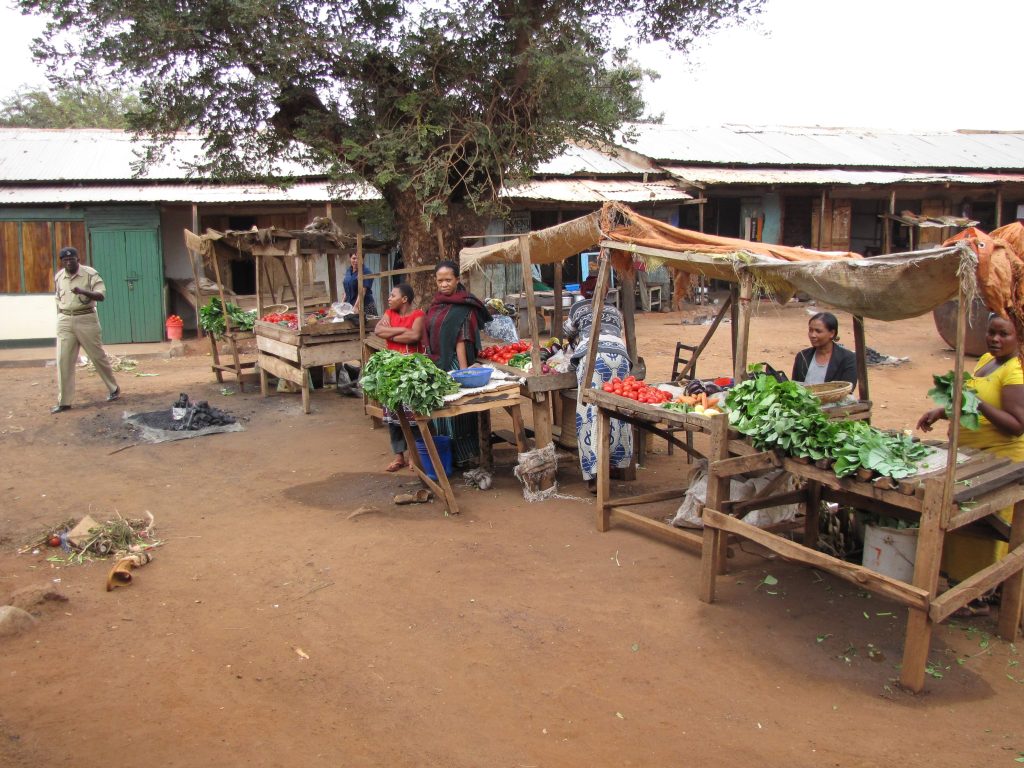Overview; the Water Crisis
Overview; the Water Crisis
Safe, clean drinking water is essential for quality of life and proper health and development. Most important, it is a “basic human right”, yet it is still denied to hundreds of millions of people throughout the developing world.

Water-related diseases caused by unsafe water added with poor sanitation cause 3.4 million deaths a year, mostly among vulnerable children. Despite efforts by governments and the international community, over a billion people still do not have access to safe, clean water sources.


The immense scale of the crisis of water quality is even larger. It is increasingly clear that many of the existing improved sources in developing countries do not provide water of adequate quality for domestic purposes.

As serious as this and other cases of chemical contamination are, the principal problem comes from human feces that over time seep into the groundwater.


While deep groundwater is generally safer than surface water, an increasing number of sources and systems used by people for drinking and cooking water are not adequately protected from human fecal contamination. This is due to many factors, including high population and inadequate construction, operation, and maintenance of the water systems.